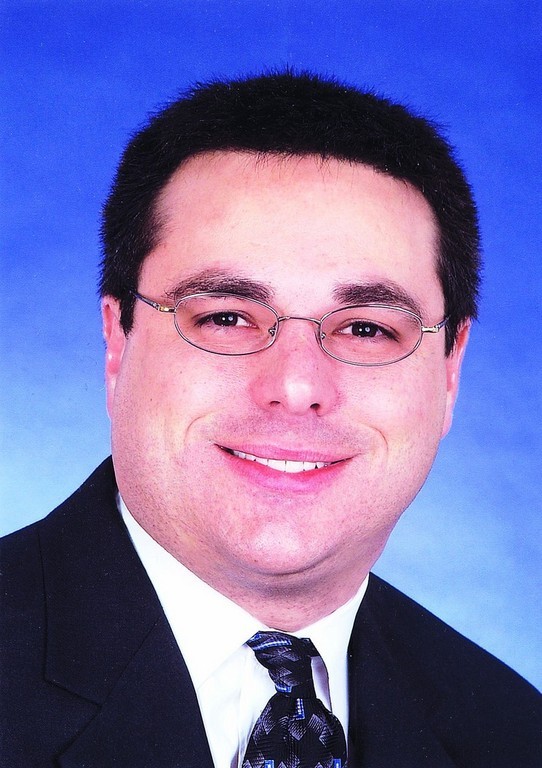On April 10, David Caprio, CEO of Children’s Friend, testified before the R.I. House Finance Committee advocating for more funding to the R.I. Department of Children Youth and Families, which he said the agency is in dire need of. Caprio says the lack of funding has contributed to a high number of deaths of children under their care in recent years.
In its annual report running from April 7, 2017, through Dec. 31, 2017, the R.I. Office of Child Advocate reported 23 child fatalities and 25 near-fatalities of children in the custody of the DCYF. The fiscal year 2019 budget is level funded, continuing a $7 million cut from FY 2018, which Caprio says is preventing the agency from keeping children in its care safe, contributing to the deaths.
Children’s Friend is Rhode Island’s oldest nonprofit child welfare organization. The group promotes the well-being and healthy development of Rhode Island’s most vulnerable children by providing flexible, effective and culturally relevant services that support and strengthen families and communities.
Providence Business News asked Caprio a few questions about recent children’s deaths under DCYF supervision, and how increasing funding could prevent more fatalities.
PBN: Please tell us a little about your time with Children’s Friend and your observations of how DCYF has performed over the last 18 years.
CAPRIO: Children’s Friend has worked with DCYF for many years to support our most vulnerable kids and families. At various times over the last 18 years, I have seen DCYF and our child welfare system overall struggle. The two main causes of the struggles over the years have been inadequate funding and inconsistent leadership at DCYF.
PBN: What is suffering at DCYF with the $7 million cut from the agency last year? How is that contributing to child deaths?
CAPRIO: The $7 million cut last year, on top of previous budget cuts, has had a detrimental impact on the work of DCYF. Simply put, the resources are stretched too far and too thin. DCYF only gets involved in the most complicated cases, and when DCYF workers have high caseloads and community providers are not adequately resourced, then things fall through the cracks and people are not able to do their best work. In high-risk families and for those in crisis, without the proper level of supports and interventions in a timely manner, bad outcomes will occur, and that is exactly what we are seeing in our child welfare system today.
PBN: How do you think Director Trista Piccola has approached her work at DCYF? Has she been a positive influence on the agency?
CAPRIO: Dr. Piccola has been a great new leader for our child welfare system. She has the education, experience, compassion and dedication needed to move our child welfare system forward. She came in new to Rhode Island and took the time to meet with and listen to many stakeholders in our child welfare system to learn about our system and to develop plans for improvement.
PBN: You mentioned there are initiatives outlined in the DCYF budget that would improve the agency. Can you outline a few of them?
CAPRIO: There are several initiatives outlined in the proposed DCYF budget that are great policy decisions for Rhode Island children. The voluntary extension of care to age 21 for youth in state care is absolutely the right direction for our state to move in. The increased support to foster families is also something that is needed and will help us to recruit and retain foster families.
Unfortunately with the DCYF budget proposed to be level funded, there is no new money to fund these initiatives, so DCYF will have to cut other areas or continue to be stretched too thin and not implement these policy changes in the best way possible for our kids.
PBN: What about this issue do you think legislators and/or the governor may not have considered?
CAPRIO: I think that the governor and legislators, along with many in the public, are properly outraged when we have the all-too frequent news reports of child fatalities or near-fatalities because of abuse or neglect. What I don’t think they understand is that this ties back to the inadequate funding of DCYF. So when budget time comes around, they are not necessarily making the connection. Without the proper resources, DCYF and the overall child welfare system cannot properly protect at-risk children in our state. Continued underfunding of DCYF will continue bad outcomes, including death, for our most at-risk kids, and that would be a failure for all of us.
Rob Borkowski is a PBN staff writer. Email him at Borkowski@PBN.com.













